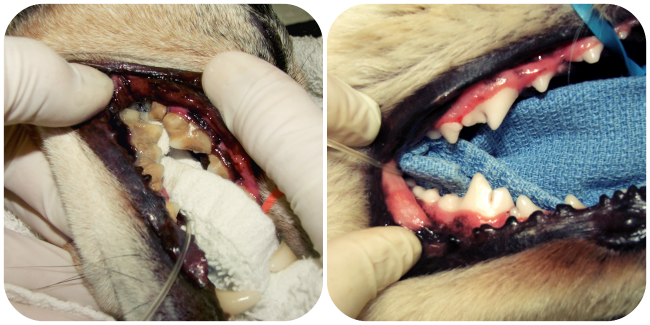 Comprehensive & Affordable Ultrasound Imaging at All Pets Veterinary Medical Center
Comprehensive & Affordable Ultrasound Imaging at All Pets Veterinary Medical Center
At All Pets Veterinary Medical Center, we’re proud to offer in-house ultrasound imaging to help diagnose illness early, monitor chronic conditions, and support wellness care across a wide range of species—including dogs, cats, birds, reptiles, and small mammals.
Ultrasound is a safe, non-invasive way to evaluate your pet’s internal organs in real time. Whether your pet is sick, aging, or simply due for a routine check-up, ultrasound gives us the ability to see more—and act sooner.
Our Ultrasound Services Include:
-
Abdominal or thoracic scans to evaluate the liver, kidneys, bladder, gastrointestinal tract, and more
-
AFAST scans (Abdominal Focused Assessment with Sonography for Trauma) to quickly identify internal bleeding or fluid in emergency cases
-
Routine wellness scans for early detection of underlying disease—even in outwardly healthy pets
-
Pregnancy scans and fetal viability checks
-
Cardiology study scans, including echocardiograms, to assess heart function and structure (available by appointment)
-
Ultrasound-guided fine needle aspirates for targeted diagnostic sampling
-
Professional review by board-certified specialists available when advanced interpretation is needed
We offer affordable pricing on both urgent and wellness scans, because high-quality diagnostics shouldn’t be out of reach. Our experienced team provides imaging services for pets of all species, and we’re happy to collaborate with board-certified radiologists or cardiologists when additional expertise is required.
📞 Call (979) 696-4411 to schedule an ultrasound or inquire about scan pricing.
All Pets Veterinary Medical Center – Expert imaging. Exceptional care. Every species.


























